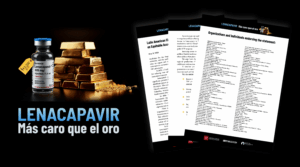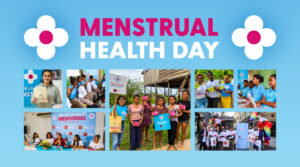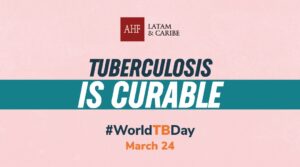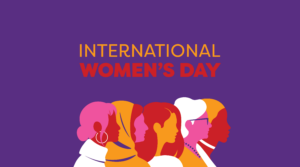The history of HIV is full of prejudices about who can and cannot get the virus. The vast majority of these ideas have been wrong, and the only thing they have achieved is to make the problems of some groups invisible. This is the case of trans men, a population that is affected by the intersection between elements such as gender identity, sexual orientation and access to health services.
The risk is in practices, not in people
Trans men, that is, people assigned as women at birth but who identify and live as men, are exposed to several risk factors for HIV. Specific data on HIV prevalence in this population are limited, however, a study recently published in the Journal of the International AIDS Society estimated that HIV prevalence in this population in the United States ranges from 0 to 4%.
Thus, Trans men in the United States have a higher rate of HIV than the general population of that country, and this seems to be mainly driven by those who have sex with cisgender men.
The prevalence may also be due to a combination of factors, such as the lack of comprehensive sexuality education adapted to their reality, stigma, discrimination and barriers to accessing adequate health services.
It is important to note that there are also gay Trans men, that is, trans men who are attracted to other men. Sexual orientation is not determined by gender identity, and diversity is wide across all groups of people, including Trans men.
Therefore, gay Trans men may also be exposed to the same risks of acquiring HIV as any other gay man. This includes unprotected sex with HIV-positive partners, sharing needles or other drug use tools, and risky practices in high-risk settings, such as sex work.
In fact, the aforementioned study concluded that HIV prevalence was highest among Trans men who reported having sex only with cisgender men, reaching 11%. These results highlight the need to understand HIV risk among Trans men and to pay special attention to those who have sex with cisgender men.
Protection measures
To prevent HIV transmission, it is essential that Trans men take effective protection measures. The consistent and correct use of condoms in all sexual relations is essential. Additionally, Trans men engaging in receptive anal intercourse should consider using water-based lubricants to reduce the risk of injury and make condom use easier.
In addition, Trans men could benefit from pre-exposure prophylaxis (PrEP), a highly effective preventive method that involves taking antiretroviral drugs on a regular basis to reduce the risk of acquiring HIV. PrEP has been shown to be effective and safe in various studies, and is available in many countries.
However, it is important to note that PrEP does not protect against other sexually transmitted infections (STIs), so condom use remains important for comprehensive protection.
To guarantee the comprehensive health of Trans men and prevent HIV transmission, it is important to have adequate health services free of discrimination. Trans men need access to accurate information about HIV, sex education tailored to their reality, regular STI testing, and access to prevention methods, such as condoms and PrEP.
In addition, health services must address the specific barriers that Trans men face, such as stigma and lack of knowledge on the part of health personnel. Adequate training is required for the providers of these services, in order to ensure a safe environment for Trans men and provide them with the appropriate and respectful care they need.
Everyone’s job
Trans men face unique challenges in relation to HIV, due to factors such as stigma, discrimination, and barriers to accessing appropriate health services. It is essential to recognize the diversity within this population and to understand that there are gay Trans men who are also at risk of acquiring HIV. Promoting protective measures, such as condom use and PrEP, along with access to culturally competent health services, can help reduce HIV transmission and improve the health and well-being of Trans men. Education and awareness raising are key to addressing these issues and working towards a more inclusive and equitable society in terms of sexual health and HIV.
For this reason, at AHF Latin America and the Caribbean we offer quality HIV services without discrimination. We have free HIV testing, treatment linkage for people living with HIV, counseling on Sexually Transmitted Infections, and free condoms. If you don’t know us yet, locate our offices in your country or write to us by Whatsapp and make an appointment now.







